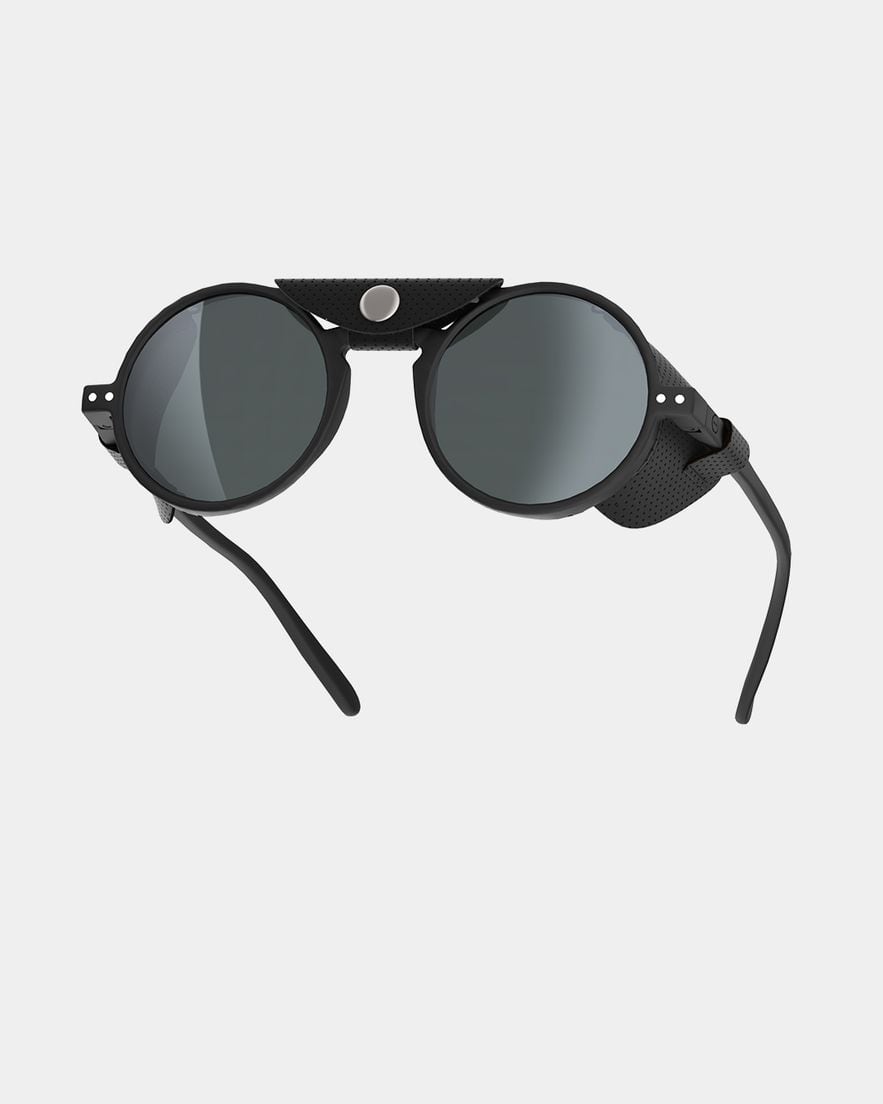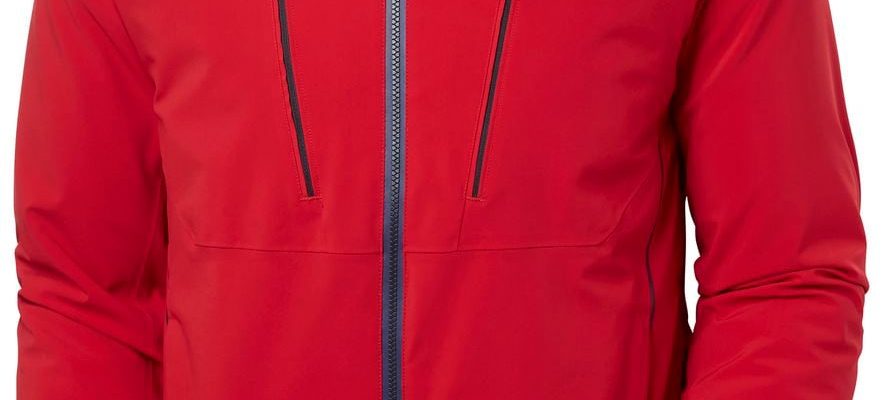Winter holidays have never been so trendy. Despite inflation, the French favor snowy destinations, from the Hautes-Pyrénées, to Isère and Savoie, via the Hautes-Alpes, the Vosges massif and the Massif central. But in the context of global warming where France is seeing the number of snow days inevitably decrease, the time has come for decarbonization at altitude. There is a desire for everyone to consume differently and to seek to recharge their batteries while better respecting nature. Manufacturers of clothing and accessories have carried out in-depth work on fabrics and membranes to remove PFCs, these waterproofing, insulating and, above all, polluting perfluorinated and polyfluorinated coatings. Result: new products that are just as efficient. But also more and more recycled materials. An eco-responsible approach also shared by artisans.
Stay warm with environmentally friendly clothing
Among its wide range of heated clothing and accessories, ThermIc offers the glove Power Gloves heated and non-rigid alpine ski jacket, made from 72% recycled polyester. Perfectly distributed heat, even around the fingers, and battery life of 7.5 hours. €280.
There sock Sidas Ski Comfort in merino wool and recycled fibers is EcoTech certified. Equipped with fine padding on sensitive areas, it incorporates In & Out innovation which avoids poorly positioned seams and likes large calves! Soft and technical. €25.
Ski jackets
– Eco-responsible since its creation, bought by a fund that uses its profits to fight the climate crisis, Patagonia offers this Untracked ski touring jacket in three-layer Gore-Tex, 100% recycled and PFC-free, manufactured in a Faire workshop Trade Certified. €700.
– Schöffel has initiated a process to reduce its carbon footprint by 50% and is increasingly using recycled or biosourced materials. Thus, the Berwang technical undershirt is made from recycled coffee! €90.
– The famous Alpha 4.0 from Helly Hansen improves comfort. Its 100% recycled material insulation is created using the Ocean Bound technique which uses plastic collected from the oceans. €450.
The famous Alpha 4.0 from Helly Hansen
© / SDP
Backpack
– The new Ortovox Ravine 26S women’s backpack, PFC-free and carbon neutral, is equipped with quick ski attachments using carabiners, without having to remove it from the shoulders. From €200.
– Light (680 grams in 24 liters) and handy, the Deuter Updays backpack is PFC-free, and its CO2 emitted is offset by a social and climate project. €150.
THE glasses Izipizi Glacier side shells, available in seven colors, are equipped with category 3 glass, 100% UV protection. Its frames are made from castor oil! €60.

Izipizi Glacier glasses with side shields
© / SDP
Eco-designed skis
Our selection of models made by artisans, with local species:
– La Fabrique du Ski makes its models in Villard-de-Lans (Vercors). Freestyle skier Marie Martinod won a silver medal at the 2018 Olympics with the “L’Affranchie” model, created for her. “Quand la Montagne s’en Mêle” is a rigid all-rounder designed like a giant ski, but with dimensions freeride (114 millimeters in skate). €880.
– In La Plagne-Montalbert, Manuel Chalopin manufactures his “Gueule de Bois” skis with local species (ash, maple, poplar, etc.), according to a sustainable design: flax and carbon fibers, bio-sourced resin, handmade and hand-pressed. empty. The 90 is a versatile giant, the 100, a fat guy who likes bumps. €850.
– Near Valmorel, Samuel, a carpenter, shapes his Samski skis by hand, at home and to the buyer’s weight, technique, tone and taste. Great art. €890
ADN Skis, a start-up from Haute-Savoie, is releasing its first 100% recyclable eco-designed skis, in partnership with Salomon, with three models, alpine (€630), all mountain (€630) and touring (€580). Tested and validated by professionals in the field.
Initiatives for greener skiing
• Skiset network stores offer second-hand clothing for sale.
• The Une bottle à la mer association, launched by mountaineer Liv Sansoz, encourages brands outdoor to reduce the use of plastics in packaging.
.
